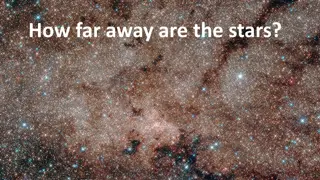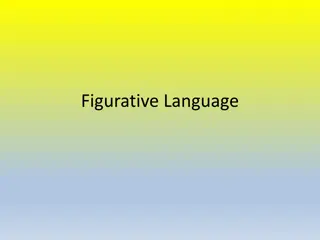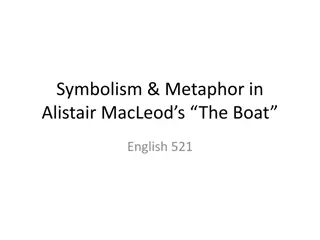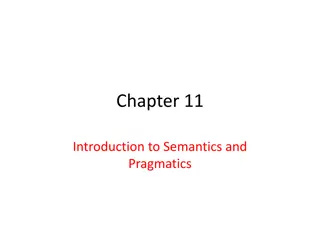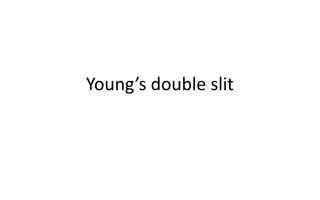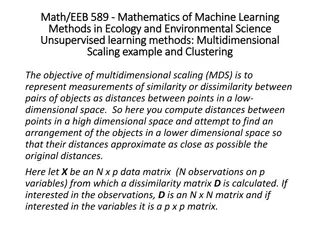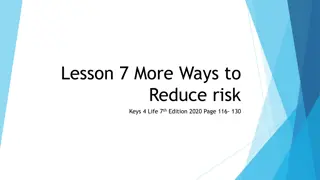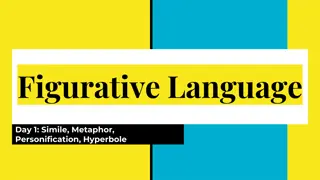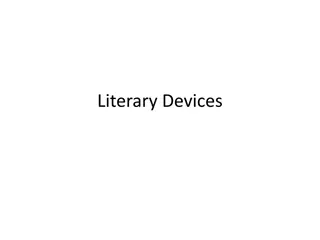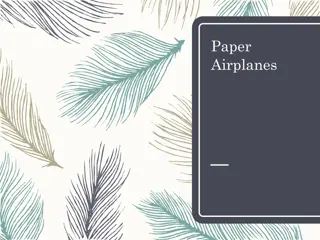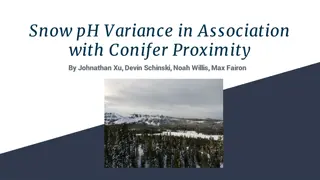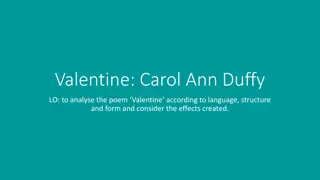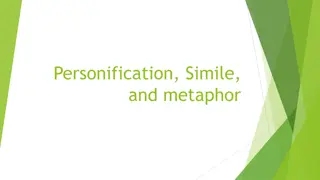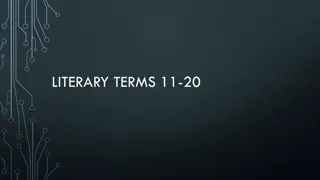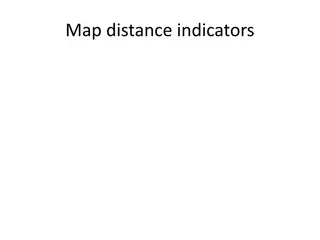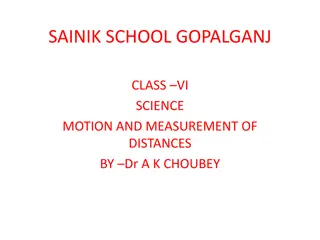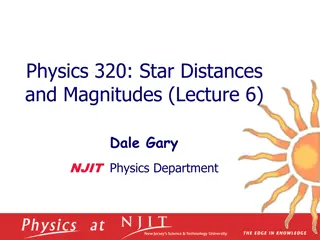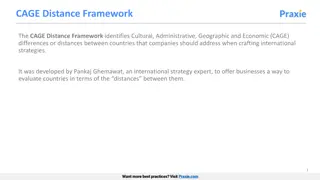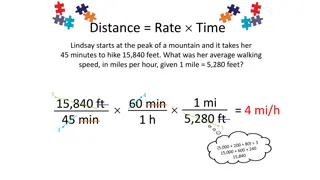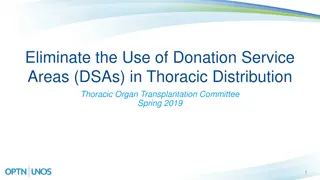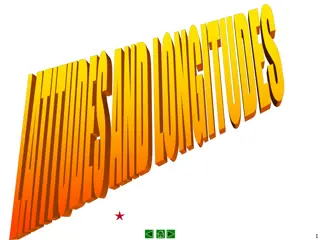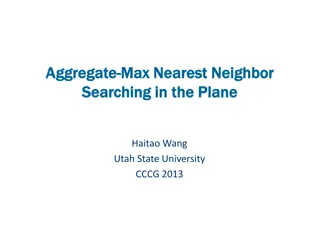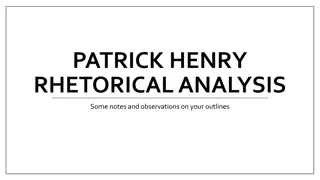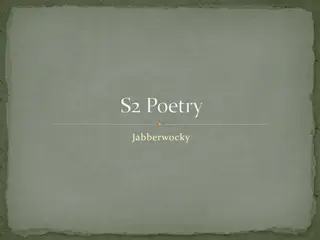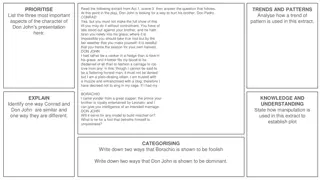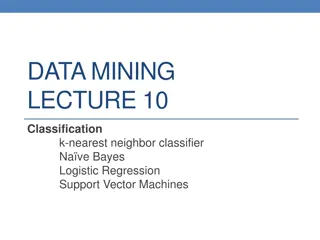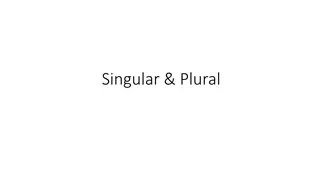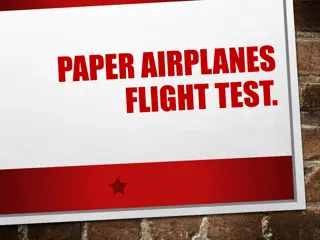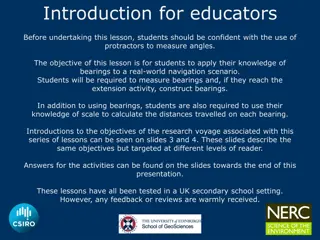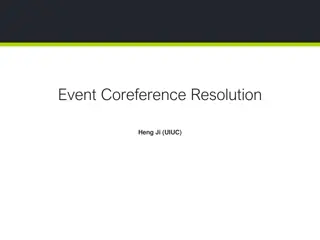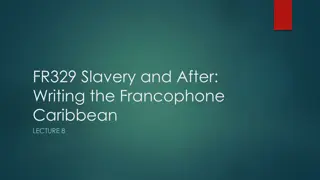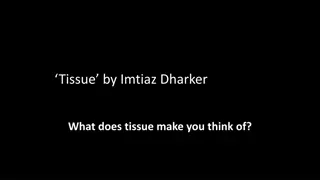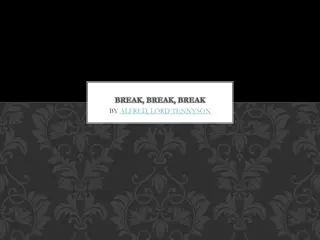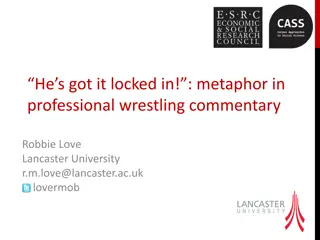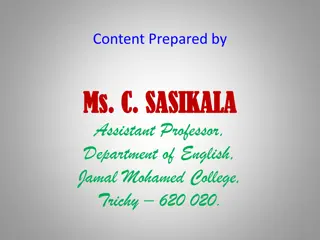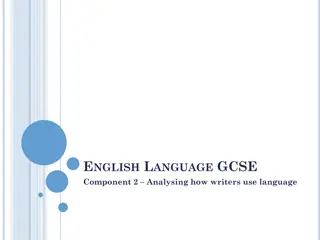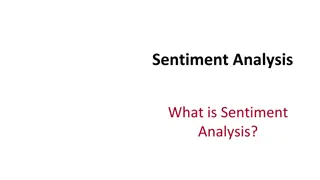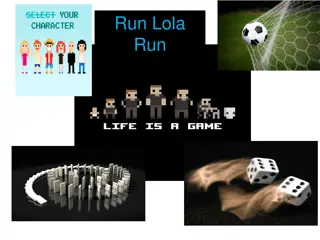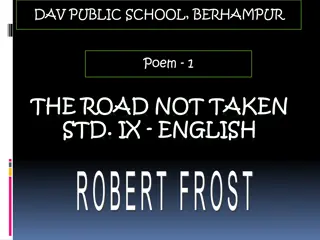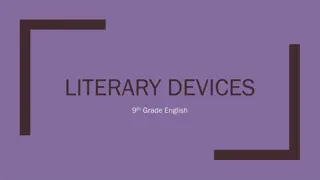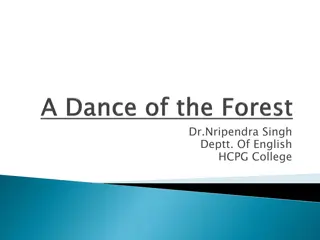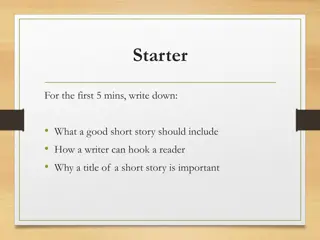Analyzing Leontia Flynn's Use of Metaphor in "The Furthest Distances I've Travelled
Explore Leontia Flynn's poem "The Furthest Distances I've Travelled" to understand how she employs poetic voice, metaphor, and structure to delve into themes of past and present experiences. Analyze the changes in the narrator's life, the impact of rhyme and enjambment, and the symbolic souvenirs that hint at the character's current state. Reflect on the effectiveness of Flynn's metaphors and consider the evolving understanding of life portrayed in the poem.
Download Presentation

Please find below an Image/Link to download the presentation.
The content on the website is provided AS IS for your information and personal use only. It may not be sold, licensed, or shared on other websites without obtaining consent from the author. Download presentation by click this link. If you encounter any issues during the download, it is possible that the publisher has removed the file from their server.
E N D
Presentation Transcript
The Furthest Distances Ive Travelled by Leontia Flynn To analyse the use of poetic voice and metaphor to explore ideas about the past and present
http://www.poetryarchive.org/poem/f urthest-distances-ive-travelled As you listen, write down any questions you have to discuss with your colleagues afterwards.
Answer the following questions 1. The poem contrasts the narrator s past and present life. How has it changed? How does she use the idea of travel to express this? 2. Look at Flynn s use of rhyme and line length in the poem. How does it relate to the poem s concerns around freedom and travel? 3. What is the effect of her, often harsh, use of enjambment? 4. Why are the souvenirs she describes at the end of the poem unusual? What do they suggest about the narrator s current life? 5. How is her use of metaphor effective? 6. Do you think the narrator knows more or less about how to live by the end of the poem?
Read these two extracts and underline anything you find interesting or illuminating In a sestina from her first collection, These Days, Flynn tells the story of her parents' meeting and marriage, and the "turning point" where "they give up / the multiple things of life round 26". At the close of the poem, she asks of herself: "What will you give up? What will be handed down?" In her third book, Profit and Loss, almost a decade later, she puts the questions again: "What happened in between / those and these days? What has been gained or lost?" With a wry consciousness that there are uncanny doublings and reversals at work, Profit and Loss is a witty, often poignant, auditing of the poet's life and times, from the vantage point of her own motherhood and marriage. From a Guardian interview with Leontia Flynn Accustomed to the cognitive gap between women as the word was bandied about in various political and literary contexts, and a sense of who I was or might be that though shadowy balked at being represented by this dubious category, I decided to embrace the disconnection. Women , I was persuaded, was a kind of fictional identity multiplied across different surfaces and throughout different discourses. From an article about poetry by Leontia Flynn
Write one paragraph analysing Flynns use of metaphor to explore ideas about the past and present. Use the following as a structure for your writing: What ideas is she exploring about the past and present? What method does she use? What is the effect? What poem also explores the past and present through metaphor? How does it compare?
Guiseppe by Roderick Ford To analyse the poet s use of tone and ambiguity in addressing atrocity
Answer the following questions: 1. What is the tone of the poem. What kind of language does the poet use to achieve this? What is the effect? 2. Why do you think the poet chose to write the poem in this style? 3. What is the possible symbolic significance of the mermaid? 4. Identify the one simile in the poem. Do you think it s important? Why? 5. How many lies does the poem contain? What does this say about the nature of guilt as explored in the poem? 6. What is the significance of the final word?
Write one paragraph analysing how the poet analyses his feelings about humankind. Use the following as a structure for your writing: What idea is he exploring about mankind? What method does he use? What is the effect? What poem also explores similar ideas? How does it compare?
Peer Assess: AO1: Did they clearly answer the question? Did they make a clear/insightful point? Did they embed and introduce their quotations? Did they explore their points in depth, or did they leave them hanging ? AO2: Did they analyse language/structure/form and the effect? AO4: Did they make a useful comparison with another poem?


